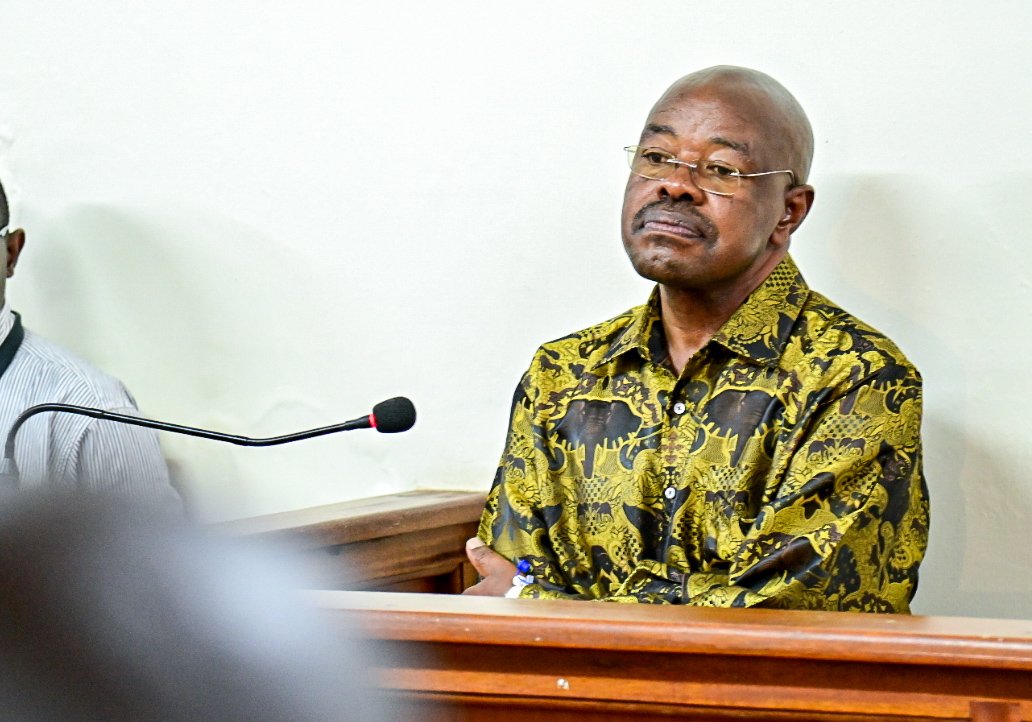A recent survey by Afrobarometer, an African think tank, indicates that a significant number of Ugandans do not view corruption as their top concern. Moreover, those who recognize it as a problem often refrain from reporting it due to fear of retaliation. According to the survey, only 17 percent of Ugandans feel confident enough to report corruption, while a staggering 81 percent believe they face a risk of negative consequences if they do so.
| Concerns of Ugandans | Ranking |
|---|---|
| Unemployment | 1st |
| Management of the Economy | 2nd |
| Provision of Key Services | 3rd |
| Health | 4th |
| Water Supply | 5th |
| Infrastructure/Roads | 6th |
| Crime and Security | 7th |
| Corruption | 11th |
The study reveals that corruption ranks 11th among the most important problems facing Uganda, trailing behind issues like unemployment, economic management, and service provision. Despite the corrosive impact of corruption on democracy, development, and security, it does not top the list of priorities for government intervention among many African citizens, as stated in the report released on December 6.
Uganda’s efforts to combat corruption show signs of stagnation, with a ranking of 29th out of 39 countries in terms of government commitment to fighting corruption. A significant 80 percent of respondents in Uganda believe the government is performing “fairly badly or very badly” in this regard. The police emerge as the most corrupt institution, with 75 percent of respondents indicating their involvement in corruption.
For those who do muster the courage to report corruption, concerns about inadequate protection and responsiveness hinder their actions. Mr. Marlon Agaba, the executive director of Anti-Corruption Coalition Uganda (ACCU), cites loopholes in the law and poor implementation as contributing factors. The absence of a witness protection law in Uganda and low responsiveness from state anti-corruption agencies exacerbate citizens’ apathy towards reporting corruption.
To address this, the Inspectorate of Government (IG) emphasizes a citizen-focused approach, employing tools like the community score card to engage with communities and monitor government projects. Despite these efforts, a prevailing normalization of corruption in Ugandan culture and norms further diminishes its perceived priority among the population.
In a publication titled “The Cost of Corruption,” the IG estimates that Uganda loses close to Shs10 trillion to corruption. Despite government interventions, including the creation of multiple anti-corruption agencies, the problem persists. The latest initiative, the Electronic Investor Protection Portal (EIPP), launched by President Museveni on December 14, aims to empower investors to report corruption directly to the state house.




















